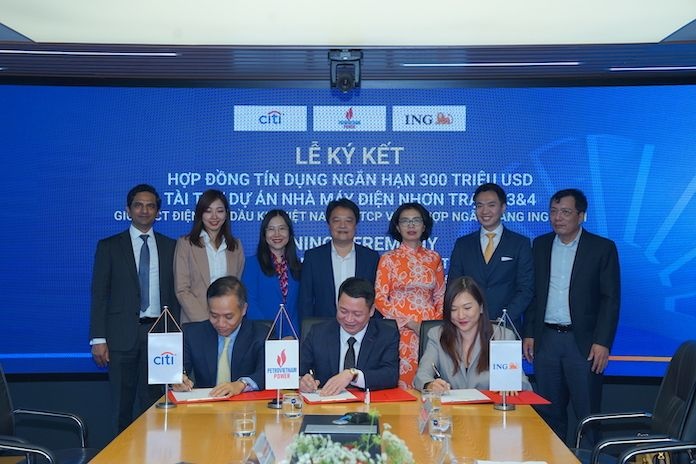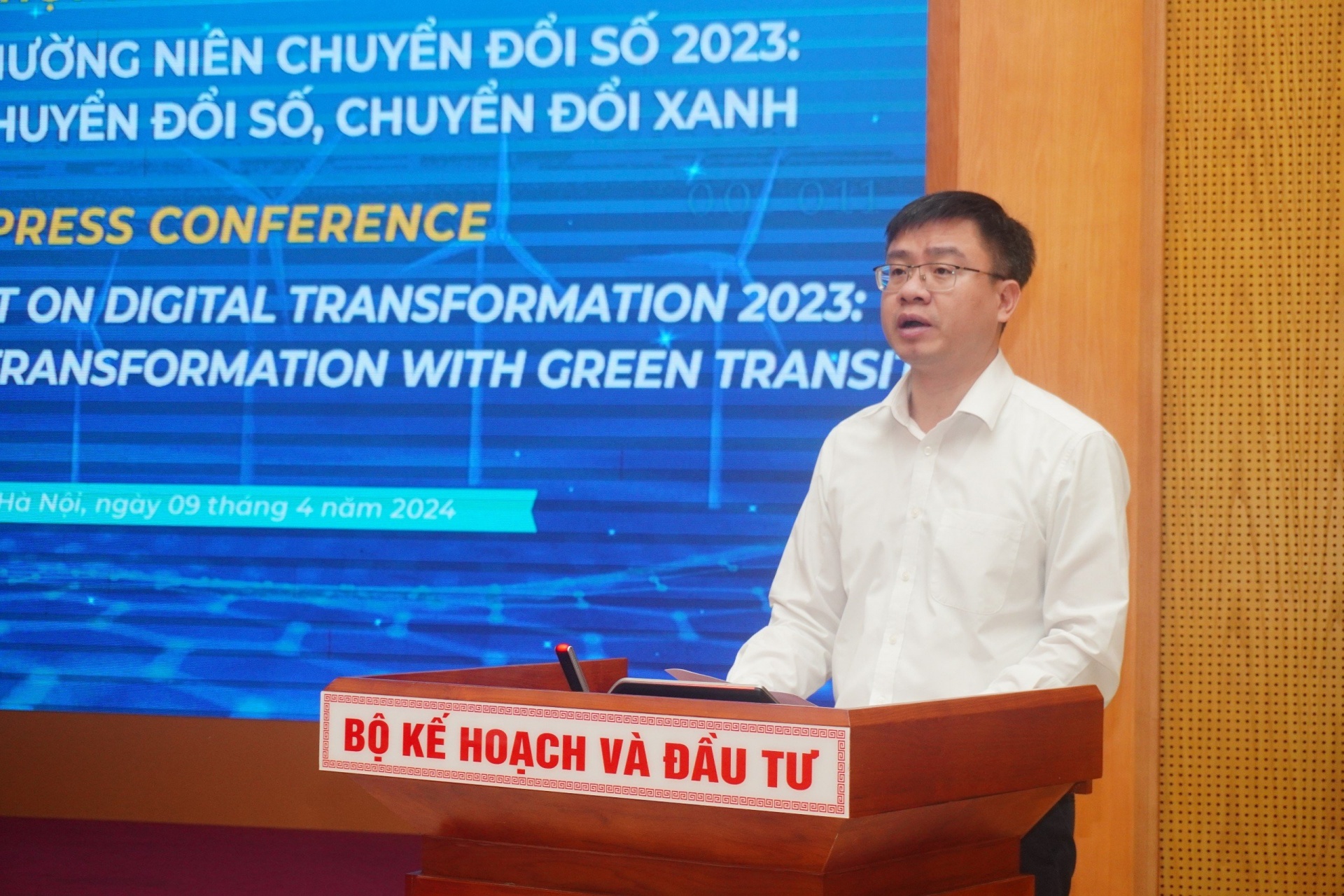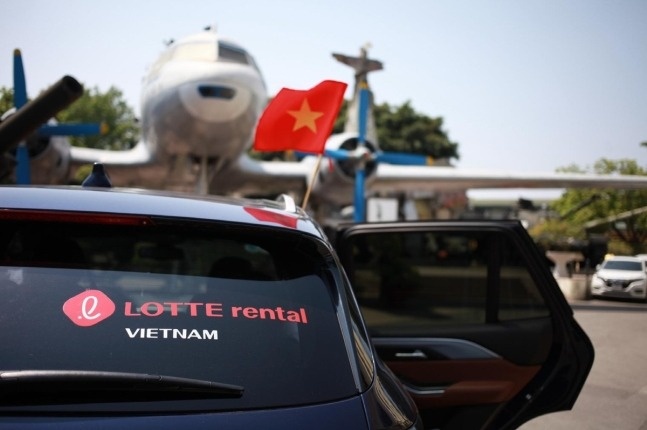VN may profit most from TPP trade agreement
 |
| A production line for exports of Garment 888 Company in the central Thanh Hoa Province. Viet Nam's apparel and shoe manufacturers will profit from lower import duties with the US and Japan. -VNA/VNS Photo Tran Viet |
Fitch Ratings said that Viet Nam could see a significant boost to long-term economic growth, investment and exports.
"Of the 12 countries that are party to the TPP, models suggest that Viet Nam would see the biggest benefits in terms of economic impact," Fitch said in a statement released yesterday on its website.
Viet Nam could see a positive economic growth effect in excess of 10 per cent over the 10 years to 2025 under the TPP agreement, according to the estimates of one study by researchers Petri, Plummer and Zhai.
Fitch believes that the agreement would have significant impact on two key areas in Viet Nam – trade and domestic economic policy.
"The free trade elements of the TPP will lower tariff barriers, giving Viet Nam greater access to large consumer markets in the United States (US), Japan, Canada and Australia."
TPP signatories accounted for 39 per cent of Viet Nam's total exports and 23 per cent of imports in 2014. The potential positive effect on trade could be transformative, with the aforementioned study estimating the TPP will boost Viet Nam's exports by over 37 per cent over 10 years.
Notably, Viet Nam in August also concluded the terms of a free trade deal with the European Union (EU), putting it on course to complete free trade agreements with three of its four largest export destinations – the EU, Japan and the US.
According to Fitch, the agreement does much more than just lower tariff barriers – it also aims to address wide-ranging barriers to trade by setting rules governing intellectual property rights, business competition policies including those related to State-owned enterprises, public procurement policies, supra-national dispute resolution, and labour standards.
"As such, the TPP has the potential to act as a key policy anchor for structural reforms and economic liberalisation that could bolster productivity and foreign investment for Viet Nam," Fitch said.
Meanwhile, Moody's says that the TPP deal will reduce the cost of trade and open up new investment opportunities, supporting growth especially for participating Asian sovereigns including Viet Nam.
While full details of the agreement have yet to be published, greater access to the US for their goods should help to make Asian countries the biggest beneficiaries in GDP-relative terms, it said.
"Viet Nam's apparel and shoe manufacturers will profit from lower import duties with the US and Japan," said Moody's.
The rating agency said that another positive aspect of the trade negotiations has been to act as a catalyst for reforms in several countries in the region, such as Japan and Viet Nam.
One modestly credit-negative aspect to the trade deal is that it could hurt governments' fiscal balances by reducing their customs revenues over the longer term. But additional receipts from an expected uptick in economic growth due to the agreement are likely to offset foregone tariff revenues, it said.
Challenges
Besides opportunities, Vietnamese domestic businesses will also have to face many challenges as participating in the TPP, according to experts at an online discussion held in Ha Noi yesterday.
Deputy General Director of Smic Law Firm Bui Hong Hai said domestic firms would face disadvantages, especially in intellectual property right regulations.
The domestic businesses, therefore, must adapt themselves to the TPP's intellectual property right regulations, Hai said, adding that the firms must also streamline their intra mechanism to be able to update themselves with the legal regulations.
With good awareness of investment, labour and trade regulations issued in Viet Nam as well as in another 11 other participating sovereigns, Vietnamese firms could adjust themselves to meet the TPP's conditions in time, Hai said.
As for the apparel industry, insiders were also concerned about the country's shortage of a full supporting industry chain which would reduce the benefit from the TPP.
Phi Ngoc Trinh, deputy director of Ho Guom Textile Company, said that Viet Nam currently had to mainly depend on fibre sources produced by mainland Chinese, Taiwanese and South Korean firms due to their restriction in capital and technology.
Vietnamese textile firms therefore will find it difficult to enjoy all preferences from the TPP, according to Trinh.
What the stars mean:
★ Poor ★ ★ Promising ★★★ Good ★★★★ Very good ★★★★★ Exceptional
Latest News
More News
- Development highlights in Q1 through expert’s lenses (April 08, 2024 | 16:48)
- Vietnam logs 17.1 million business cyberthreats in 2023 (April 08, 2024 | 16:34)
- Vietnam now China's top ASEAN trading partner (April 08, 2024 | 16:26)
- Vietnamese businesses grapple with surging exchange rates (April 08, 2024 | 09:59)
- PM outlines 10 socioeconomic achievements in first quarter (April 04, 2024 | 08:00)
- Implementation strategy for new power development plan approved (April 03, 2024 | 15:14)
- Wood sector sees signs of recovery (April 02, 2024 | 06:56)
- Ba Ria-Vung Tau received major investment boost in Q1 (March 29, 2024 | 17:22)
- More chinese solar-tech manufacturers enter Vietnam (March 29, 2024 | 16:10)
- Canadian businesses focus on green energy and agriculture in Vietnam (March 29, 2024 | 10:04)

















 Mobile Version
Mobile Version